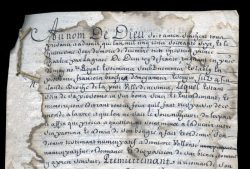The Broche de Méjanes family
From the XVIth century to the XIXth century, the changing fortunes of a Huguenot family, lords of Saint-André-de-Valborgne, Barbotz, Paillole, Cabrillac and other places, barons of Vauvert.
The first Reformed Broche de Méjanes
The Broche were known as early as the XVth century in Uzès (Gard) or in the Méjanes area. They were good practising Roman Catholics.
In his testament of the year 1523 Guillaume Broche de Méjanes bequeathed legacy to the cathedral church of Nîmes, and asked that masses be celebrated for his soul in the chapel of the “frères mendiants” in Nîmes, as well as in convents of the Augustinian and Carmelite orders etc.
But his son Claude adhered to the Reformation, as did his wife, Louise de Pesquidoux, and their three children, François, Thomas and Robert. Their testaments written in French began with the words “Let it be done in the name of God, Amen”, and in Thomas’s 1567 testament stipulated that he should be buried by the Reformed Church.
Robert, Claude’s son and husband of Bernardine de Fimot, was imprisoned in 1572 because he “had adopted Protestantism and refused to have his daughter Louyse baptised in the Catholic Church.”
Paul Broche de Méjanes, Robert’s son, was born in 1564. He graduated from Padua, Montpelier and Pavia universities as a Doctor of Law ; in 1607 he became lieutenant to the provost of the seneschal’s court in Nîmes and Beaucaire. He was sent as the representative of the Anduze nobility to the Protestant Assembly meeting in Uzès on the 10th of September 1627.
In 1663 Paul Broche de Méjanes wrote his testament in Castres.
A family where Catholics alternate with Protestants
Pierre, Paul’s youngest son (born in 1631), was a lawyer on the King’s Counsel in Paris, a friend of Père de la Chaise, the Jesuit confessor of Louis XIV. He abjured and became a Catholic priest. He was appointed provost at the main church in Nancy where he died in 1763 at the age of 105.
Étienne Broche de Méjanes, Paul’s son and Pierre’s elder brother was born in 1620. He was a pastor of the Reformed Church. He was trained in Nîmes and consecrated in 1644. He preached at the opening of the Loudun national synod in 1654. On various occasions he expounded views opposed to the King’s policies and was summoned before the King’s Counsel. His last parish was Saint Romain de Touques. He was forced to flee to Switzerland in 1684.
To enable them to stay in France and maintain their wealth, his children abjured and became “NCs” (New Converts) – with the exception of one, Louis, who became a soldier in the British army.
The return to Protestantism
In the XVIIIth century Charles-Béranger de Broche (1680-1750), Étienne’s grandson, but no longer a Broche de Méjanes, converted to Protestantism and settled in Saint André de Valborgne. Étienne Broche de Méjanes’s great grandson Mathieu (1760-1815) was to be the mayor of Saint André de Valborgne. But his son Raoul had to sell the ruins of the castle in 1827.
So the Catholic-Reformed saga of the family Broche de Méjanes in the Cévennes region came to an end. But some descendents are still present in the Cévennes.
Associated notes
-
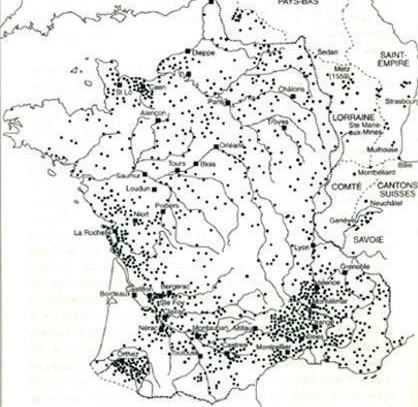
The Reformation established in France
As everywhere in Europe, the desire for a reform of the Church was widespread throughout the whole of France. This is why scholars so readily welcomed Luther’s ideas. -
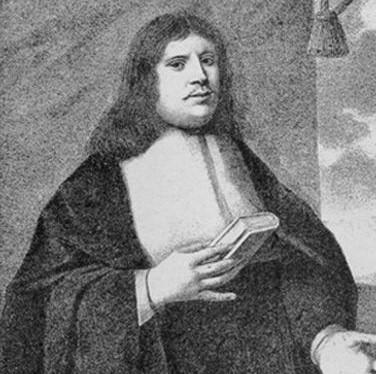
Claude Brousson (1647-1698)
Avocat, défenseur de la cause protestante, Claude Brousson, qui s’est réfugié à Genève en 1683, revient en France en tant que « prédicant » dans les Cévennes. Il contribue à la création... -
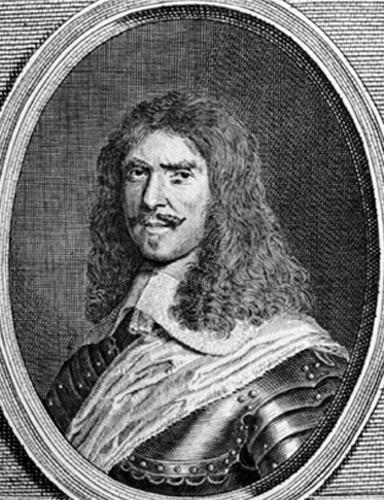
Turenne (1611-1675)
Turenne, a great military leader, was converted from Protestantism to Catholicism ; this experience was very significant for him. -
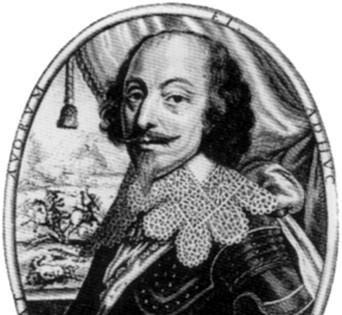
Henri de Rohan (1574-1638)
Henri de Rohan, a protestant from Brittany, had the privilege of being protected by Henri IV, and at the king’s death he became the leader of the reformed protestants in... -
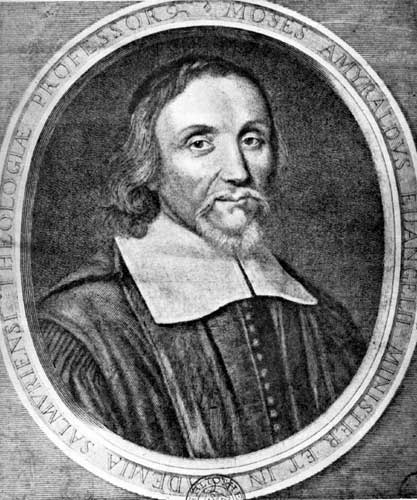
Moyse Amyraut (1596-1664)
Moyse Amyraut had an important place in the history of XVII century reformed theology. -
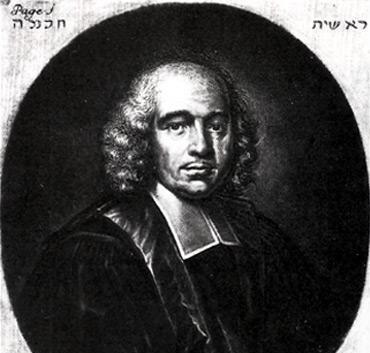
Pierre Jurieu (1637-1713)
Pierre Jurieu was a pastor of the “refuge” and defended the rights of the people in the kingdom of Louis XIV.

